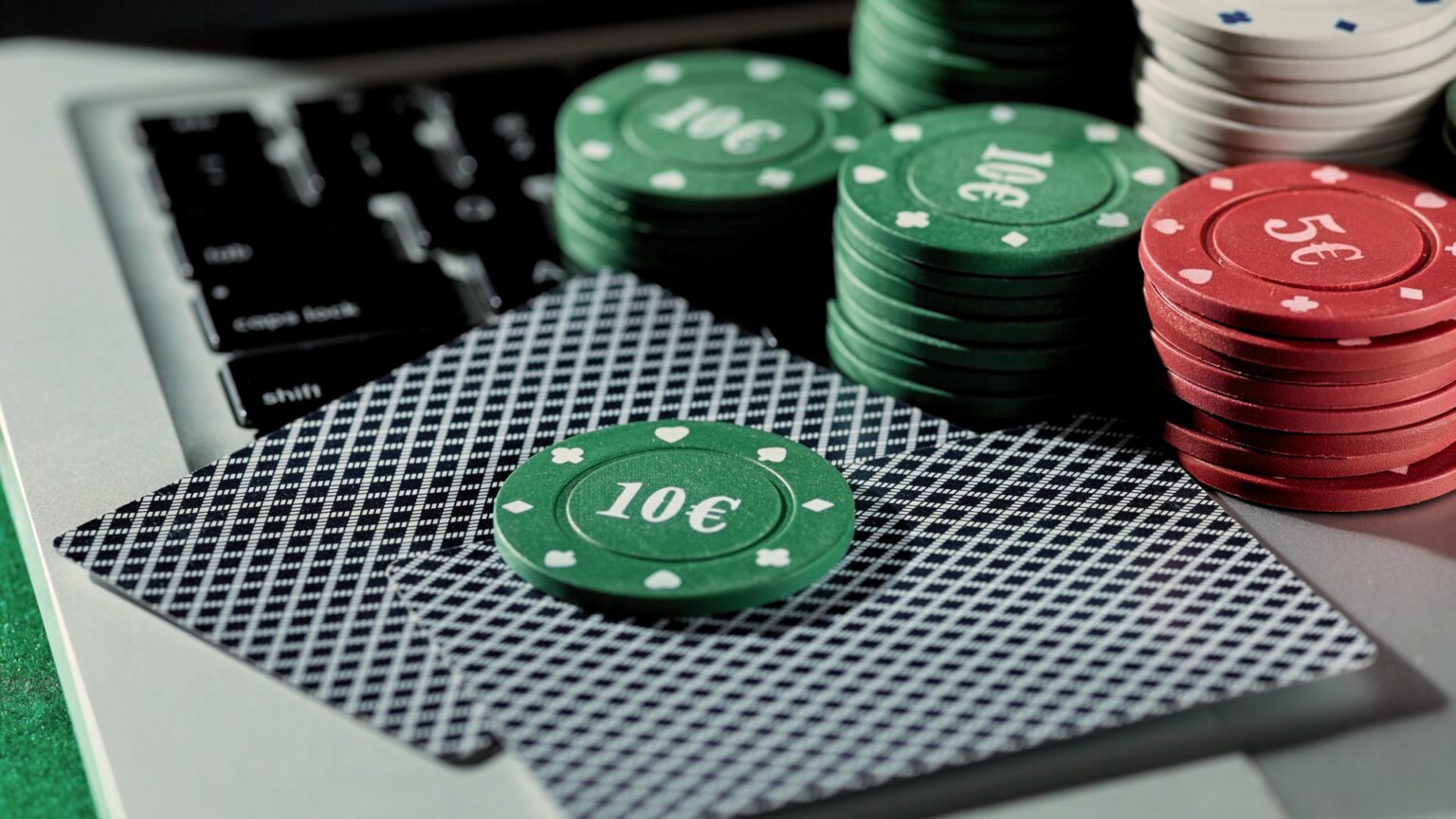
Understanding and Overcoming Gambling Addiction
The Psychology Behind Gambling Addiction: Recognize and Overcome the Signs
Gambling can be fun, but for some, it becomes a problem. Thus, punters should understand the psychology behind addiction to spot the signs early and take action. Let’s dive into what makes wagering so addictive and how to overcome it.
What’s the Psychology Behind Gambling Addiction?
Gambling addiction, also known as compulsive wagering, is a complex psychological disorder. But what makes playing so addictive? Let’s break it down.
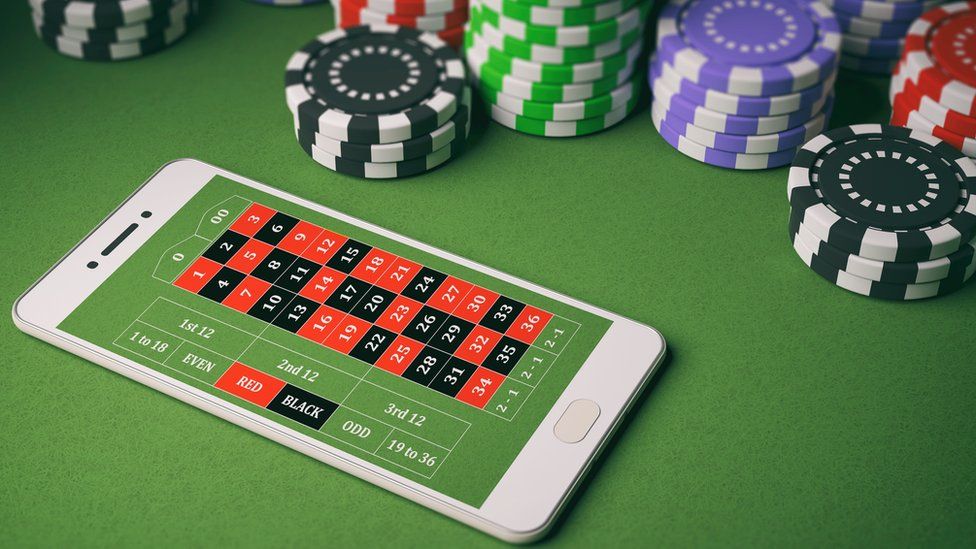
The Brain’s Reward System
Gambling taps into the brain’s reward system. Every time you win at any gambling site, like lucky dreams, your brain releases dopamine, a chemical linked to pleasure and reward. This burst of dopamine feels good, reinforcing the behavior. Over time, your brain craves this feeling, and it becomes hard to stop playing. Even small wins can trigger this response, keeping you hooked.

Variable Rewards
One of the critical aspects of wagering is its unpredictable nature. Unlike predictable rewards, playing offers variable rewards. Sometimes you win, sometimes you lose. This unpredictability is very compelling. It creates anticipation and excitement. You never know when the next big win will come, which keeps you on the edge of your seat.

Near Misses
Near misses can feel almost as rewarding as wins. For example, if you get two out of three matching symbols on a slot machine, you feel so close. This sensation can be deceiving. It creates an illusion that a win is just around the corner and pushes you to keep playing.
Escapism
For many, gambling is a way to escape from stress, anxiety, or depression. However, this can lead to a dangerous cycle. While wagering may offer a brief escape, it often adds to the stress. Losses pile up, and the need to win back money can intensify the addiction. What starts as a way to cope can quickly become a source of more problems.
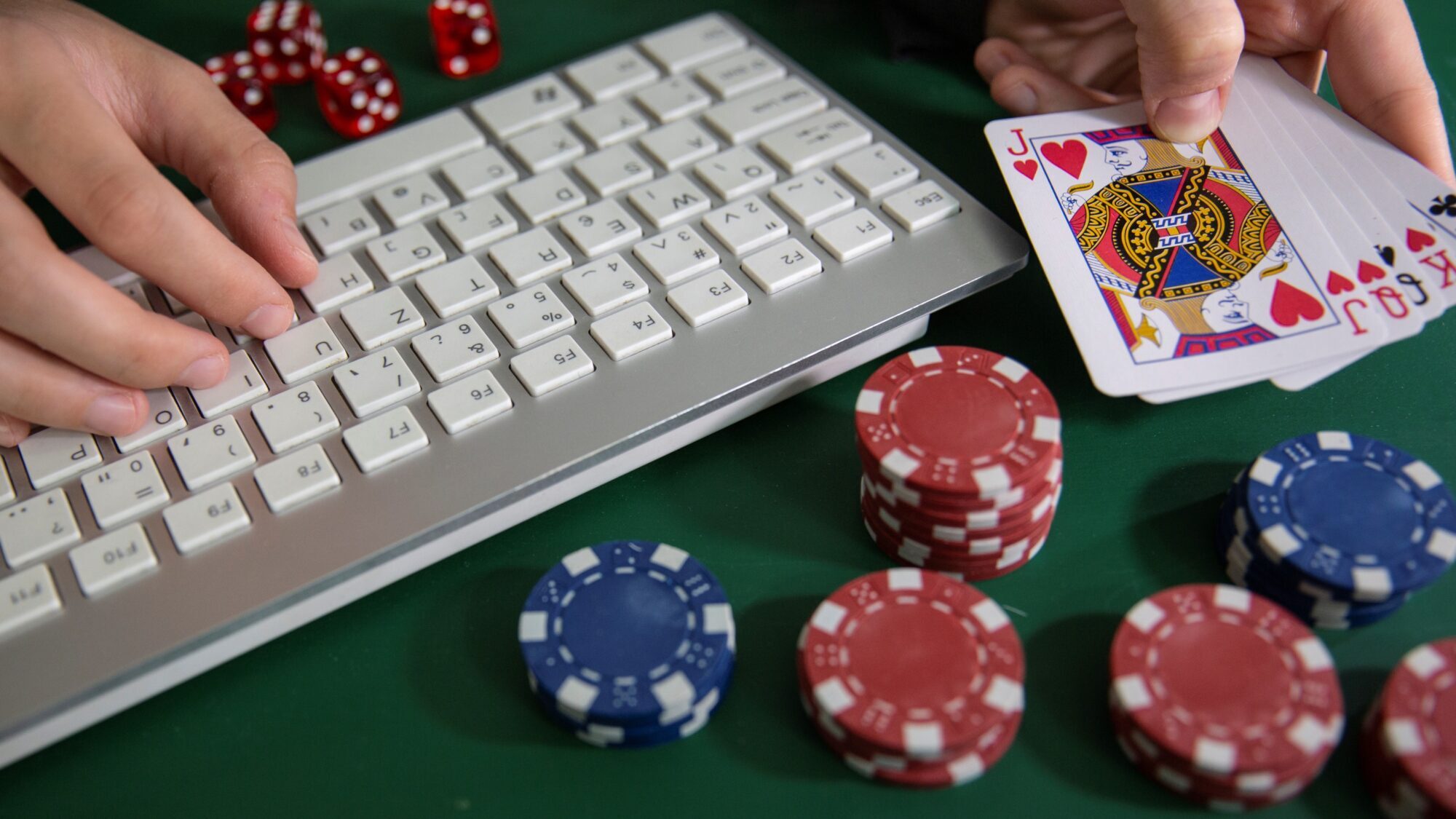
The Role of Conditioning
Conditioning plays a big role in addiction. Gambling sites like siru casino use various techniques to keep players engaged. Bright lights, sounds, and even the casino’s layout are designed to create a stimulating environment. This constant stimulation conditions players to associate wagering with excitement and pleasure.
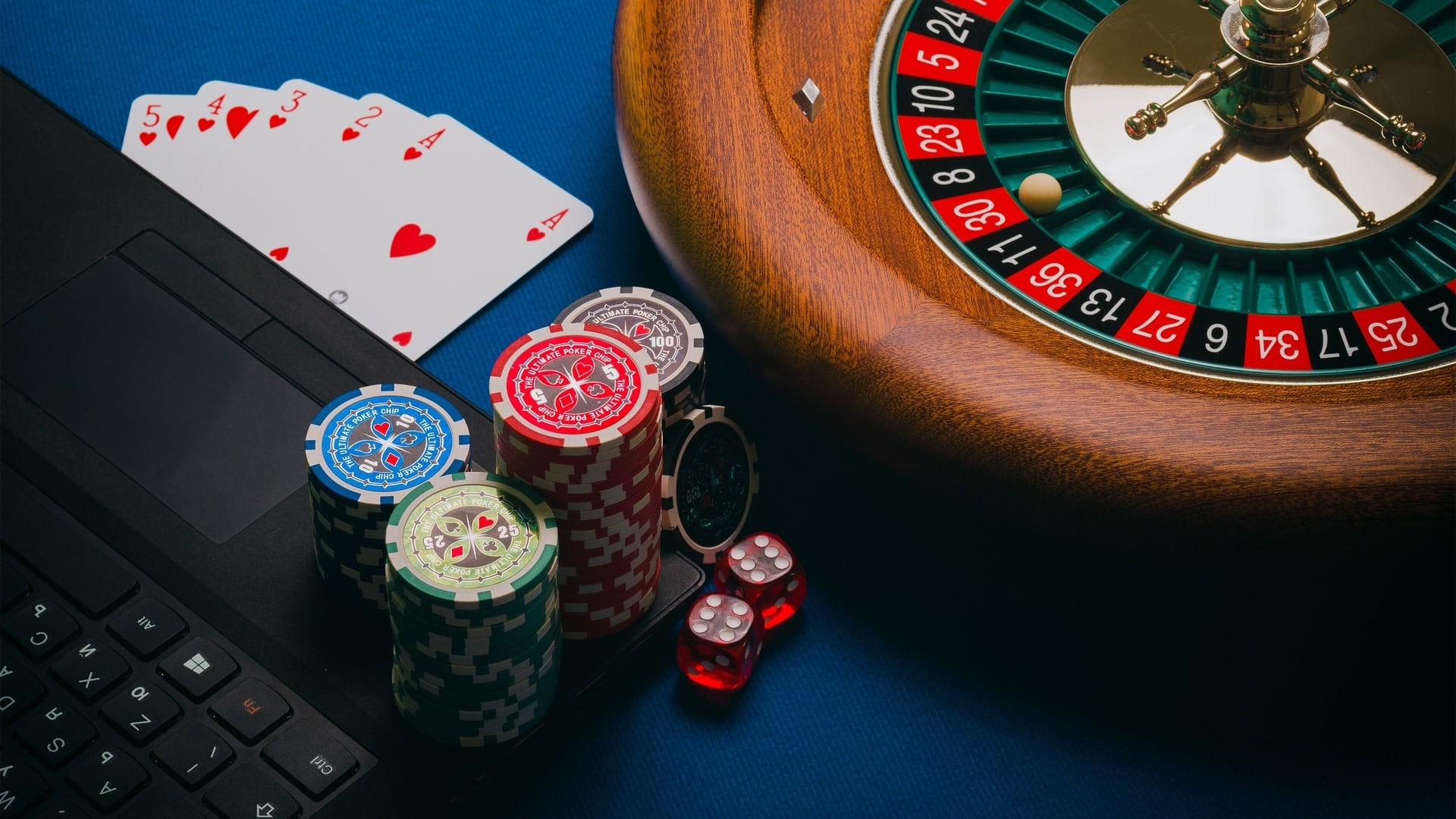
Cognitive Biases
Many gamblers fall into the “gambler’s fallacy trap,” thinking that past events can impact future outcomes. For example, if a slot machine hasn’t been active in a while, a player might believe it’s “due” for a win. This kind of thinking is incorrect but widespread. It often leads players to keep playing, hoping for a big win that may never come.
Early Signs of Gambling Addiction and Tips to Handle Them
You should learn to recognize the early signs of addiction.
- Preoccupation with Gambling
Do you wake up with a thought about gambling? Won’t it leave you when you work? If you feel too fixed and preoccupied with wagering, that could be an early sign of addiction. Try to shift the focus and unwind a bit. Go for a walk, meet with your friends, or throw a party — do whatever you can to abolish those repetitive thoughts and switch your attention.

- Increasing Bets
Do you keep increasing bets even though you didn’t intend to? Betting big is risky in any case. But if you start betting the money you need for other activities or borrow money to bet, these are the signs of disaster. Next time you want to gamble, set a strict budget and don’t get over it, no matter if you win or lose. If you spot the early signs of addiction, you can even reduce your budget below the usual sum.
- Chasing Losses
Losses happen in gambling, and that’s the fact we all have to live with. You rely entirely on fate when you enter a casino (even for strategy-based games). Thus, chasing losses is the way to catastrophe. You won’t usually win your money back but can even lose more.
- Lying About Gambling
Do you try to hide your gambling activities, bets, and losses? That’s a bad sign. You should be sincere with yourself and others. Isolation never made good to any gambler. On the contrary, when you feel like there are some growing gambling concerns, you should share your issues with your close ones. You cannot even imagine how beneficial a single sincere talk can be.
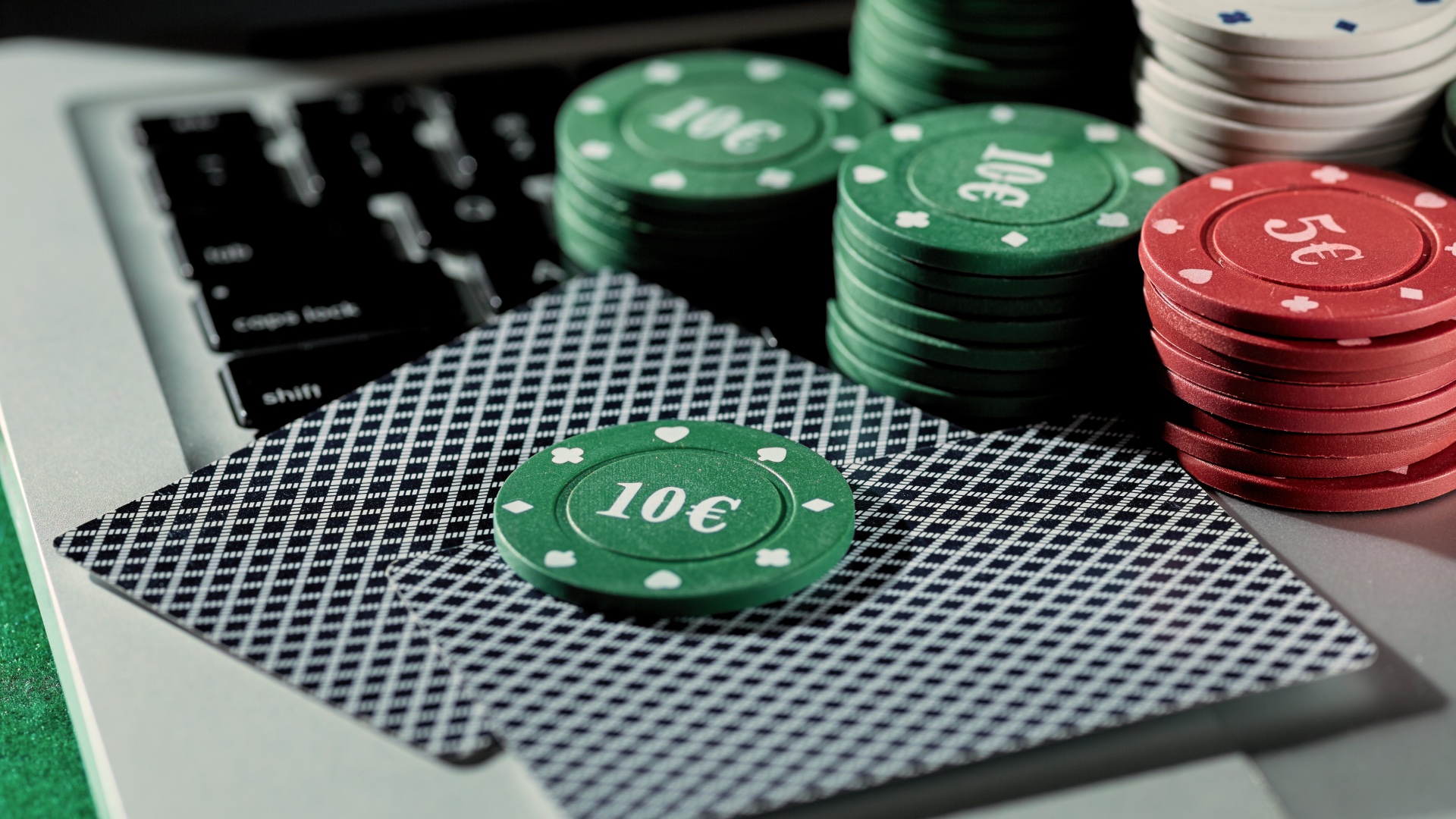
- Neglecting Responsibilities
We all have lives beyond gambling. But if you start neglecting your usual activities like work, family, or sports, that’s a huge red sign. Gambling has never been the life centerpiece (even for those who earn a living with it), and it should be your primary focus, either.
- Mood Swings and Irritability
Gambling produces a severe effect on our emotions and mental health. It’s all about swings: the thrill of winning big, the fear of losing even more — those feelings can get on our nerves and make us irritable and unstable. If you spot those signs, address a specialized helper and better restrict yourself from gambling altogether.
- Financial Problems
Gambling shouldn’t be the way to earn money — it should be fun. Once you start losing more than you can allow, it’s a colossal problem sign. Playing shouldn’t affect your ability to pay for other day-to-day activities. It’s a hobby, so let it remain what it must be.
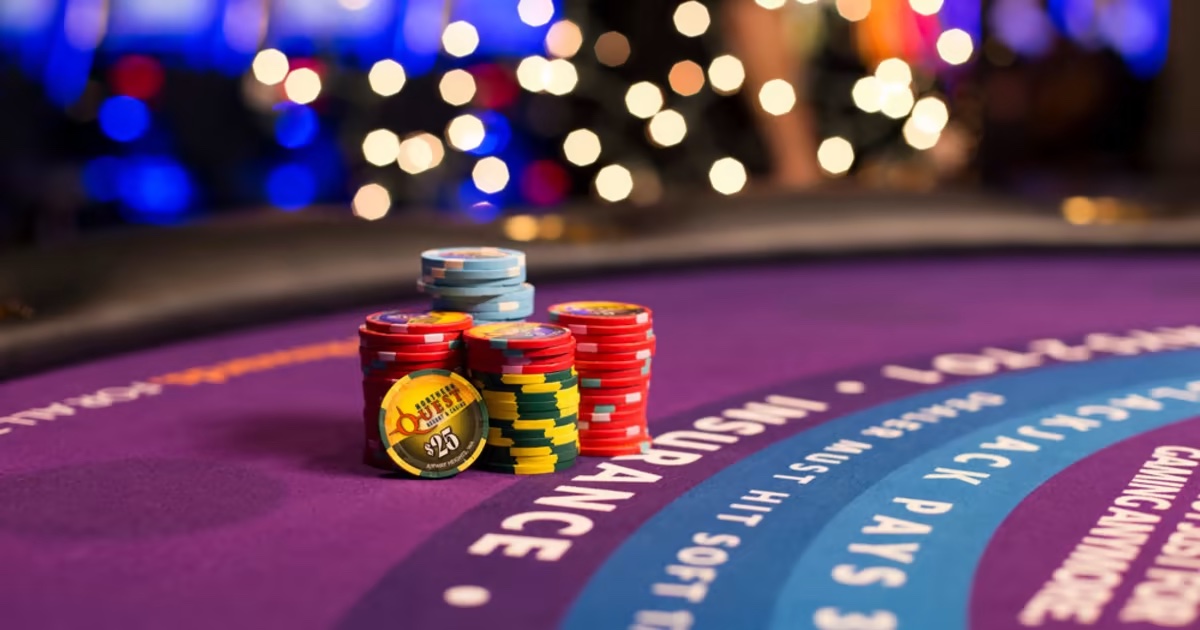
- Withdrawal Symptoms
Do you feel restless or irritable when you’re not gambling? These are withdrawal symptoms similar to those experienced by people addicted to substances. If you experience this, it’s important to seek help. Talk to a healthcare provider or a counselor who specializes in addiction. They can provide strategies to manage these feelings and reduce your dependence on gambling.
***
Gambling addiction is a serious issue, but recognizing the signs early can make a big difference. Understand its psychology to see why it’s so hard to stop. Remember, it’s never too late to seek help. Talk to friends, family, or professionals if you need support. Stay informed and stay safe.



